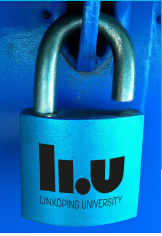
**Detta inlägg är även tillgängligt på svenska**
Open science is a buzzword – especially among policymakers. We read about it it in the two latest government bills on research, we read about it it in UNESCO’s declaration on open science. We also see open science in everyday life, but we usually don’t refer to it as “open science”: researchers publish articles and books open access and share research data for scrutiny and reuse. Already today, open science is (partly) something we do, not just talk about.
Open science is an umbrella term that often includes components such as open access, open data, open educational resources, and citizen science. Step by step, universities and other public authorities facilitate the opening of these components so that researchers can open up their research processes. But open science can also be seen as something larger, where the goal is a society characterized by open science. A society with open science could lead to benefits. Researchers could benefit from increased collaboration and more swiftly building upon each other’s work (as it becomes easier and more efficient to stand on the shoulders of giants).
However, even if it research is open, this does not entail that it is usable and possible to understand. Eliminiating paywalls is far from enough. Other conditions must be met for research to be actually reusable. The dream of open science is beautiful, but it also places demands on us—whether we are researchers or not. Open Access Week can be a way to go beyond the nice words in policy documents and everyday openness to reflect on what is needed for science to lead to real benefits outside academia.
Written by Johanna Nählinder, research support coordinator Linköping University Library
